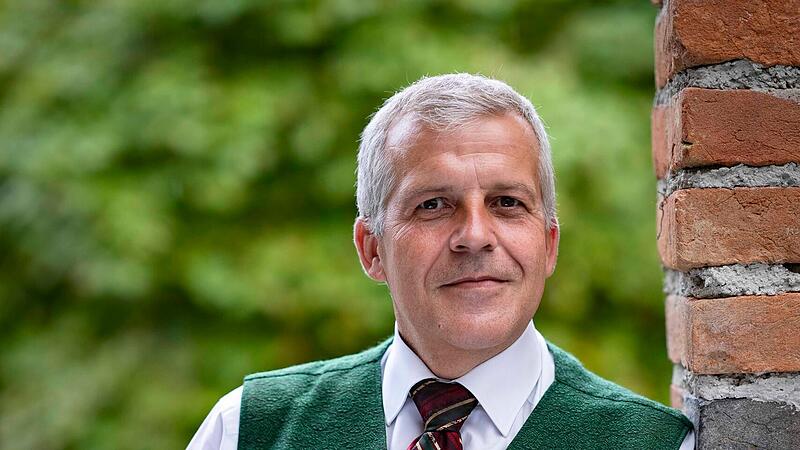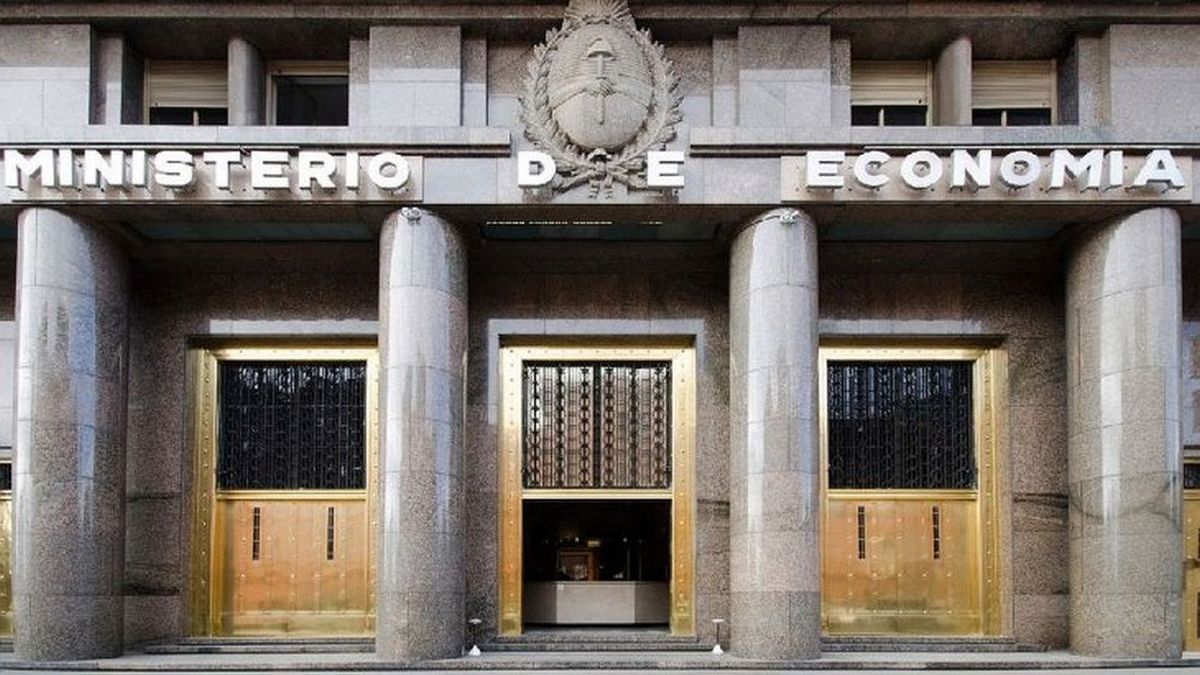NIIGATA, Japan, May 13 (Reuters) – Finance leaders from the Group of Seven (G7) warned on Saturday of mounting economic uncertainty, in a final sobering of a three-day meeting overshadowed by concerns about deadlocked negotiations. of US debt and the consequences of the Russian invasion of Ukraine.
The meeting, held in the Japanese city of Niigata, came as world monetary policy makers, already concerned about US bank failures and efforts to reduce dependence on China, are facing now forced to deal with a potential default by the world’s largest economy.
Although the statement did not mention the deadlock in negotiations to increase the US debt limit, the issue was constantly present in the discussions.
The stagnation has weighed on markets as borrowing costs have risen due to aggressive monetary tightening by US and European central banks.
“The global economy has shown resilience in the face of multiple shocks, including the COVID-19 pandemic, Russia’s war of aggression against Ukraine and associated inflationary pressures,” the finance ministers and central bankers said.
“We must remain vigilant and remain agile and flexible in our macroeconomic policy amid heightened uncertainty about the global economic outlook,” they added in the post-meeting statement.
US Treasury Secretary Janet Yellen, who has said the first US default in history could occur in a matter of weeks if the impasse is not broken, told Reuters on Saturday that impasse is “more difficult” than in the past, but held out hope for a solution.
Britain’s Chancellor of Finance Jeremy Hunt said it would be “absolutely devastating” if the United States fails to reach an agreement to raise the federal borrowing limit and sees its economic growth “disrupted.”
The G7 central bankers vowed to combat “high” inflation and ensure that expectations about future price developments remain well anchored, a sign that many of them will not let down their guard against stubbornly high inflation.
Japanese Finance Minister Shunichi Suzuki told a press conference after the meeting that the issue of the debt ceiling was discussed at a dinner on Thursday night. He did not want to give more details.
CHINA AND SUPPLY CHAINS
To reassure investors after the recent bank failures in the United States, G7 financial officials stood by their April assessment that the global financial system was “resilient.”
However, in the statement they pledged to address “gaps in data, supervision, and regulation of the banking system.”
China, although not a member of the G7, was one of the central issues. Japan has spearheaded efforts to diversify supply chains and reduce the G7’s heavy reliance on the world’s second-largest economy.
In the statement, financial leaders set a one-year deadline to launch a new plan to diversify global supply chains.
It envisions the G7 offering assistance to low- and middle-income countries to secure a greater role for them in energy-related product supply chains.
“The diversification of supply chains can help safeguard energy security and help us maintain macroeconomic stability,” the statement added.
The statement does not mention the idea, raised by the United States, to study specific restrictions on investment in China to combat Beijing’s use of “economic coercion” against other countries.
However, the G7 countries will strive to ensure that foreign investment in critical infrastructure does not “undermine the economic sovereignty of host countries.”
INFLECTION POINT
Many central banks are facing a tipping point, where aggressive interest rate hikes begin to dampen growth and unnerve the banking system.
Bank of Japan Governor Kazuo Ueda, who chaired the meeting’s discussion on monetary policy, said most central banks seemed to feel that the impact of past interest rate hikes had not yet been fully felt. when guiding future monetary policy.
“Many said they wanted to guide monetary policy with that point in mind,” he told a news conference with Suzuki.
The group reiterated its condemnation of Russia’s invasion of Ukraine and its promise to strengthen surveillance of cross-border transactions between Russia and other countries.
The discussions will lay the groundwork for the G7 summit that begins in Hiroshima on Friday, which will feature concerns over China’s use of “economic coercion” in its foreign relations.
US President Joe Biden was scheduled to attend the Hiroshima summit, Yellen said, but added that he has said he may cancel the trip if progress in debt ceiling negotiations proves insufficient.
(Reporting by Leika Kihara, Christian Kraemer, Andrea Shalal, Tetsushi Kajimoto and Takaya Yamaguchi in Niigata; additional reporting by Kantaro Komiya in Tokyo; Editing in Spanish by Ricardo Figueroa)
Source: Ambito




